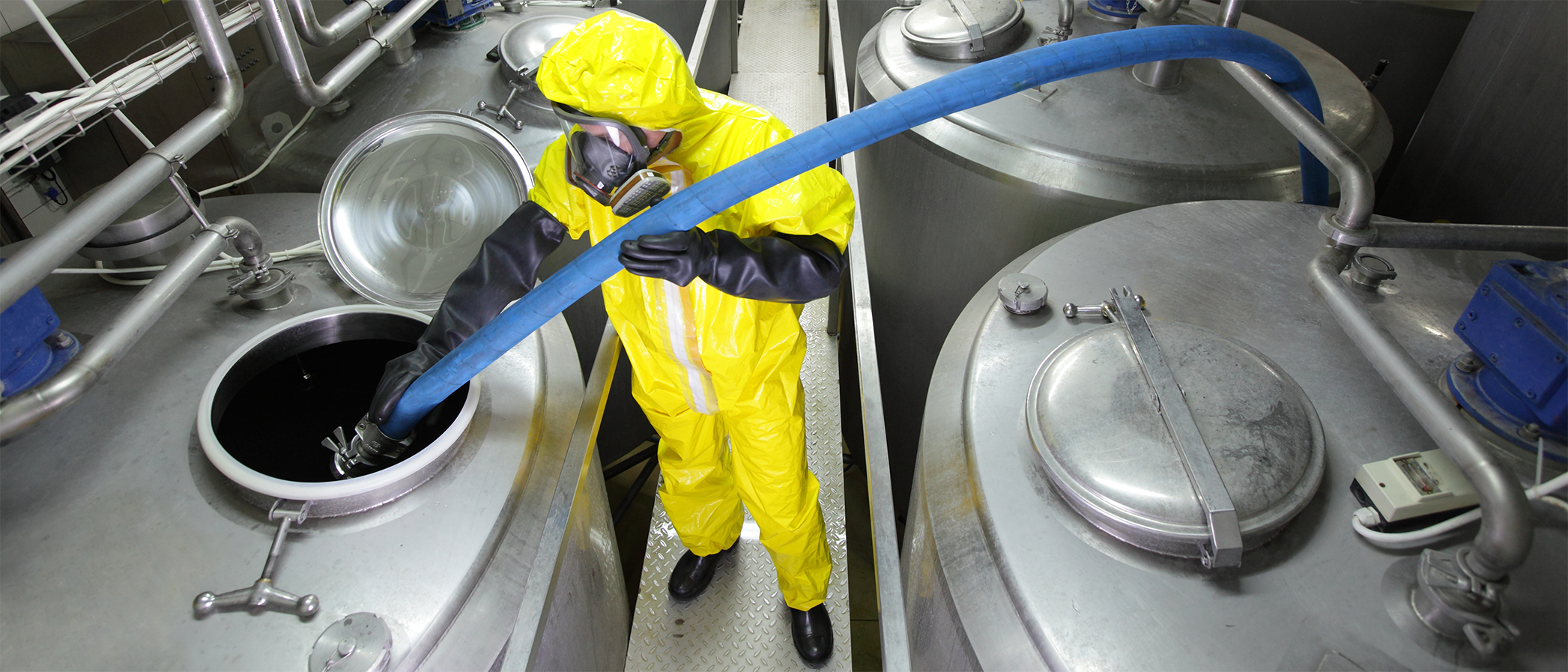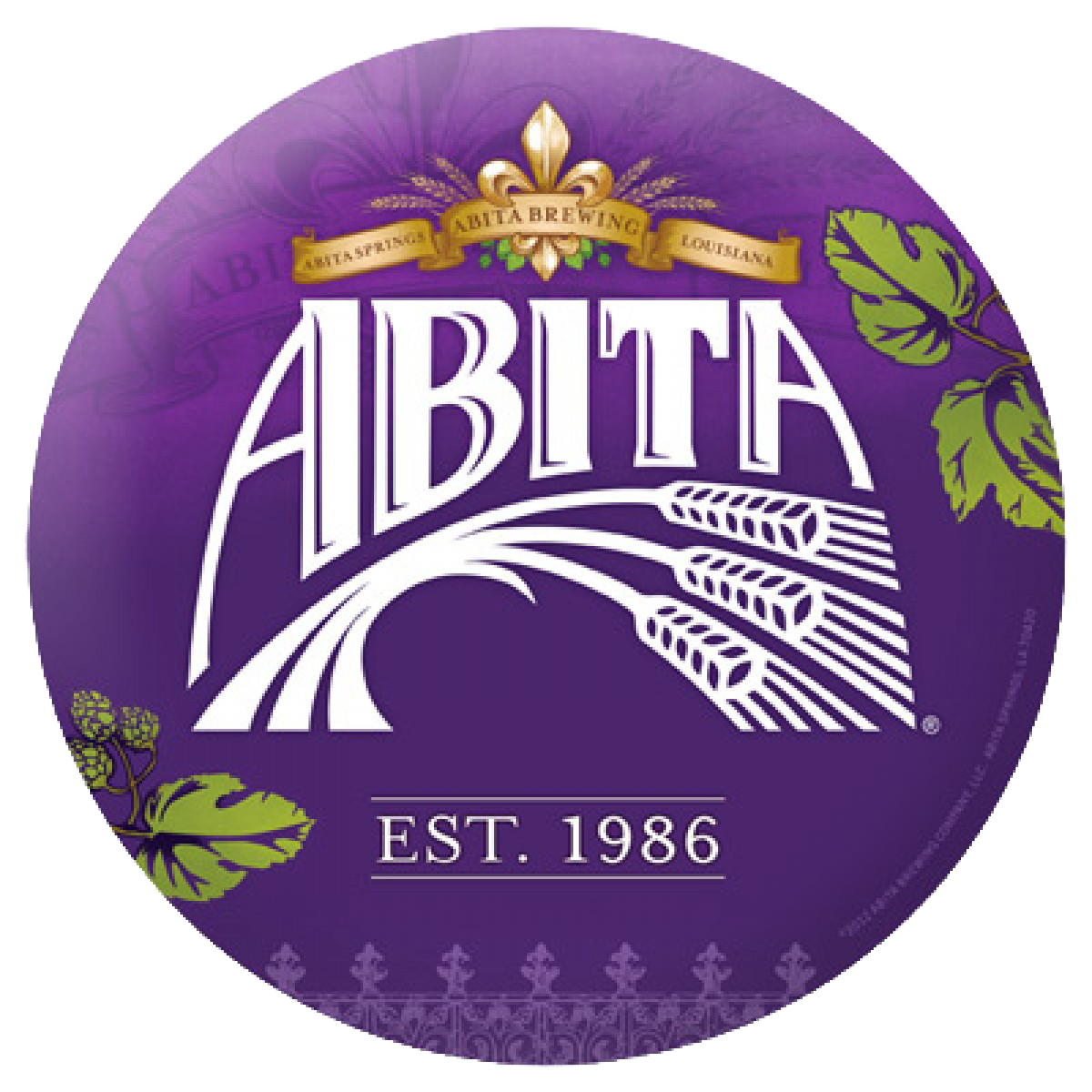Food Fraud Prevention
Food Fraud Prevention
What is Food Fraud?Why Is It IMportant?
Misrepresentation of food is illegal and can cost consumers thousands of dollars each year. Consumers pay extra for foods that are marketed as premium or high quality, such as organic, but sometimes do not get what they paid for. These foods can be intentionally substituted with lower cost items at the same premium price.
Occasionally, foods can be adulterated with contaminants that can harm the consumer. Examples include baby food adulterated with melamine and cumin adulterated with peanut protein. Both of these incidents resulted in consumer illness.
Processors must protect food from deliberate acts of food fraud in order to maintain trust throughout the food supply.
Course Description
Food companies must understand the food fraud risk factors throughout their supply chain and be able to demonstrate that they have effective programs in place to protect their customers and consumers. Consumers expect their food to be safe from adulterants and presented honestly.
The Global Food Safety Initiative recognized the importance of food fraud prevention years ago. Food companies who are audited to a global standard, such as BRCGS or SQF, must have a written food fraud prevention program including a vulnerability assessment and mitigation strategies to prevent fraud from high-risk foods.
The course will teach participants what food products have a history of fraud and show them how to assess vulnerability, develop mitigation strategies and produce a record-keeping system to demonstrate their preventive efforts.

Who Will Benefit From Taking This Course
What Skills Can Students Expect To Learn?
Schedule Your Class Today
Understanding food fraud is easier than it sounds. When equipped with the proper education and tools, you can be the expert your company needs to protect its brand.
Below is a list of our upcoming food fraud public classes. Simply click on the “event detail” button below to register. If you feel your company can better benefit from a private lesson, contact us today today to schedule a training date that is convenient for you and your team.
Want a private, in-house class?
upcoming Classes
May 14, 2026 08:00 AM - May 15, 2026 04:00 PM
July 22, 2026 09:00 AM - 03:00 PM
August 18, 2026 08:00 AM - August 20, 2026 05:00 PM
Need a Food Safety Specialist?
Free 15 Minute Consultation.Learn how we helped Abita Brewing Company pass their first food safety audit with an A grade.

